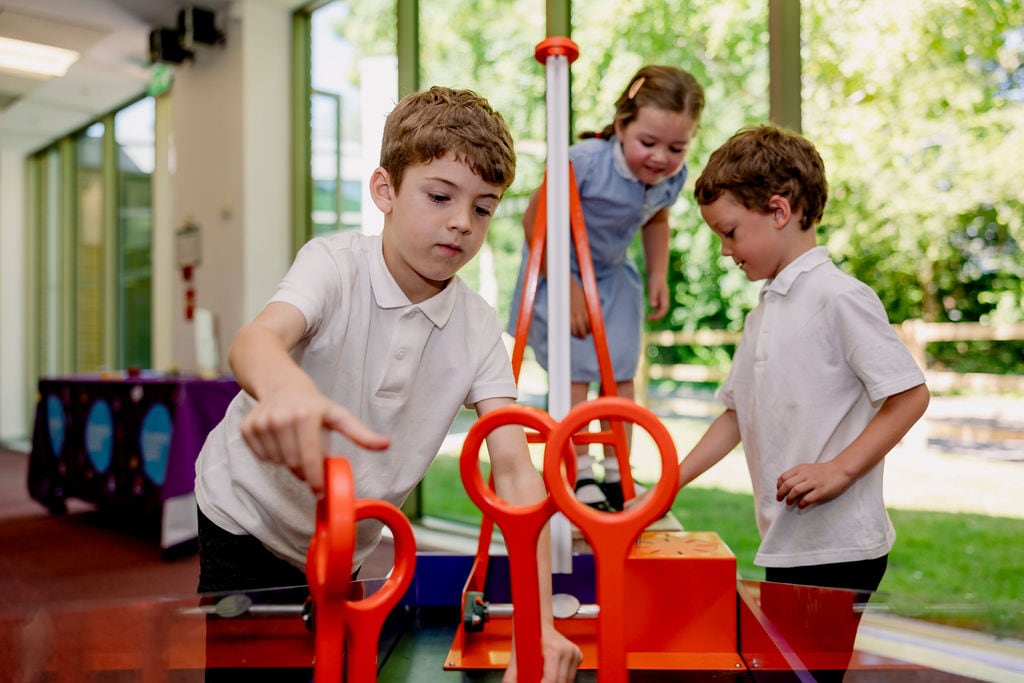FROM
HUMBLE
BEGINNINGS
Timeline Heading
1970
Decision to create UK’s first science park
Trinity College owned a plot of land in NW Cambridge and applied for permission to develop into a Science Park, an idea born in the 50’s in the USA.
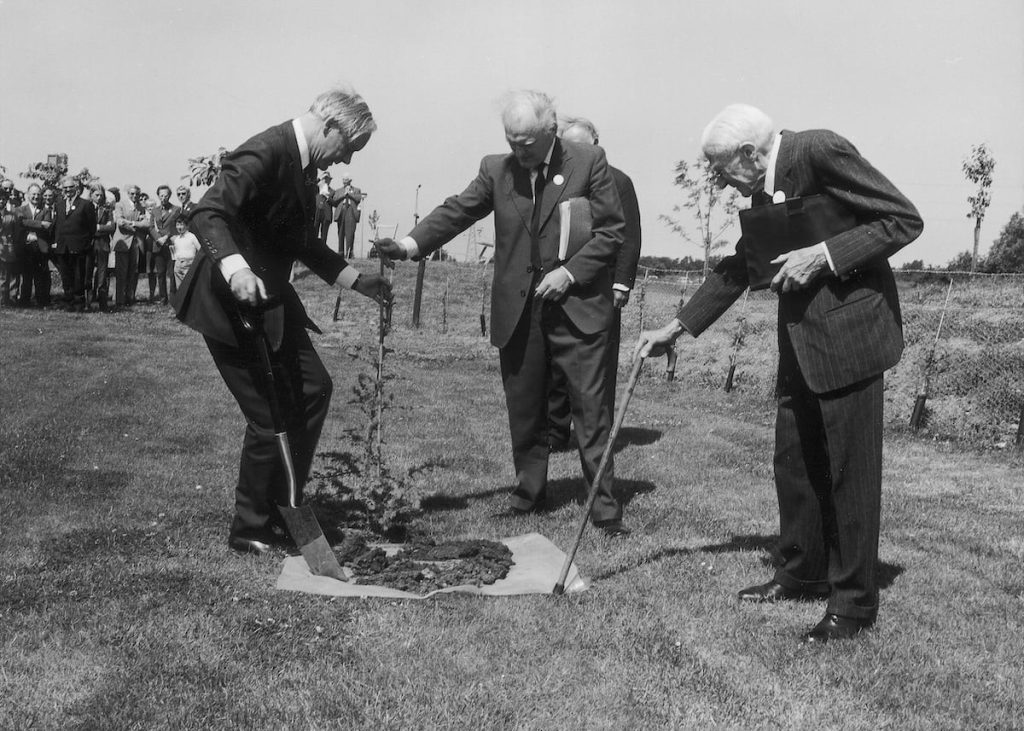
1973
Laser Scan moves in
Laser-Scan was founded in 1969 by three academics from the Physics Department of the University of Cambridge. They had created and built in the Cavendish laboratory a prototype of a machine called Sweepnik that used a laser beam, moved around by mirrors, to follow lines on photos. These photos were of bubble chamber experiments to identify the elementary particles (protons, neutrons, electrons, etc.) which are the building blocks of matter.
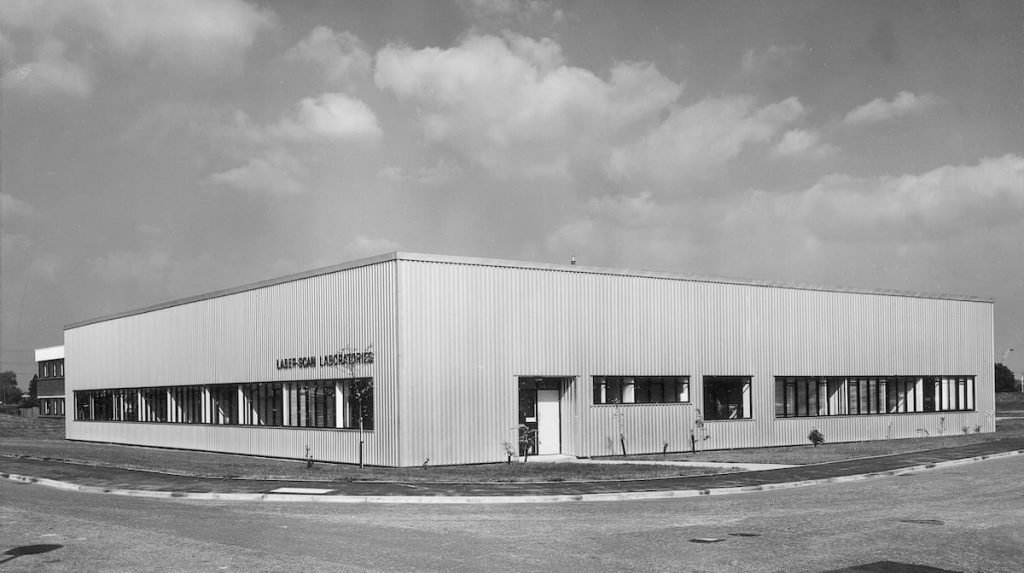
1979
25 companies on the park
Companies include LKB Biochrom from Sweden and Coherent, US laser specialists.
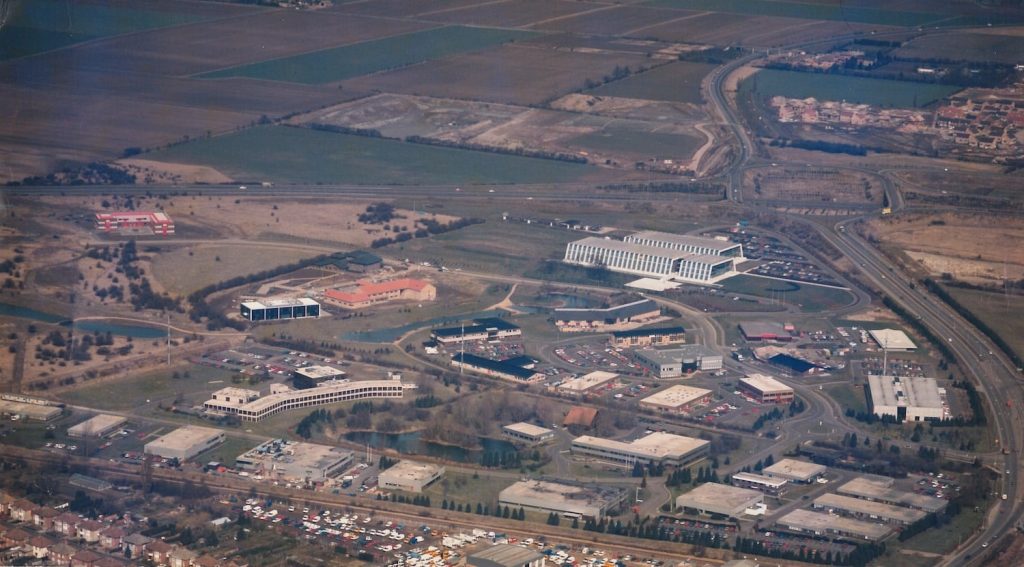
1984
Trinity Centre opens
The centre provided meeting and conferencing facilities and conference rooms for both established and starter businesses on the park. Today it still fulfils these roles and is also home to the Cambridge Science Centre and the park barbers.
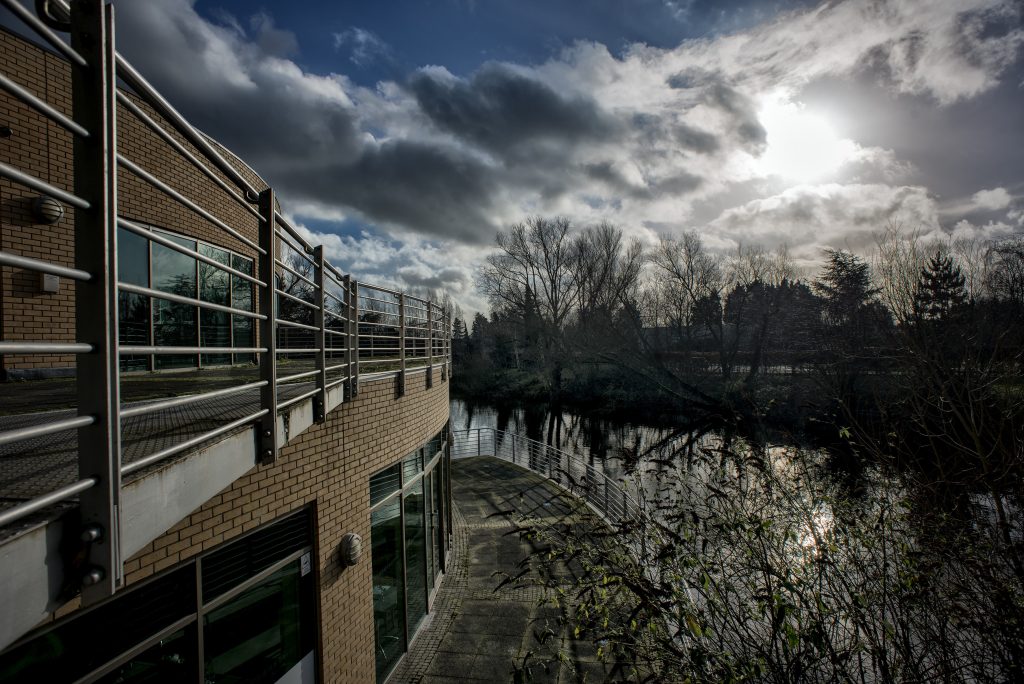
1980
1980
Venture Capital arrives in force
The Park started to accommodate spinouts, including regional office of 3i.
1984
First Innovation Centre opens
Starter units built to widen the appeal of the Park to a diverse range of businesses.
Mid
1980’s
BTG IP monopoly ended
The breaking of BTG’s monopoly on intellectual property originating in UK Universities saw academics increasingly bring businesses to the Park.
Existing tenants starting spin outs on site
Spin out companies (NAMES) including from Cambridge Consultants.
First collaboration between two Park tenants
Qudos was founded by Cambridge University’s Microelectronics Laboratory, Prelude Technology Investments and Cambridge Consultants – all park tenants at the time.
1990s
Company growth changes demand patterns on Park
Cambridge Cluster now established to circa 1200 companies, employing 35,000 people. Existing tenants – such as in Telecoms sector – growing and increasing need for a more varied mix of space.
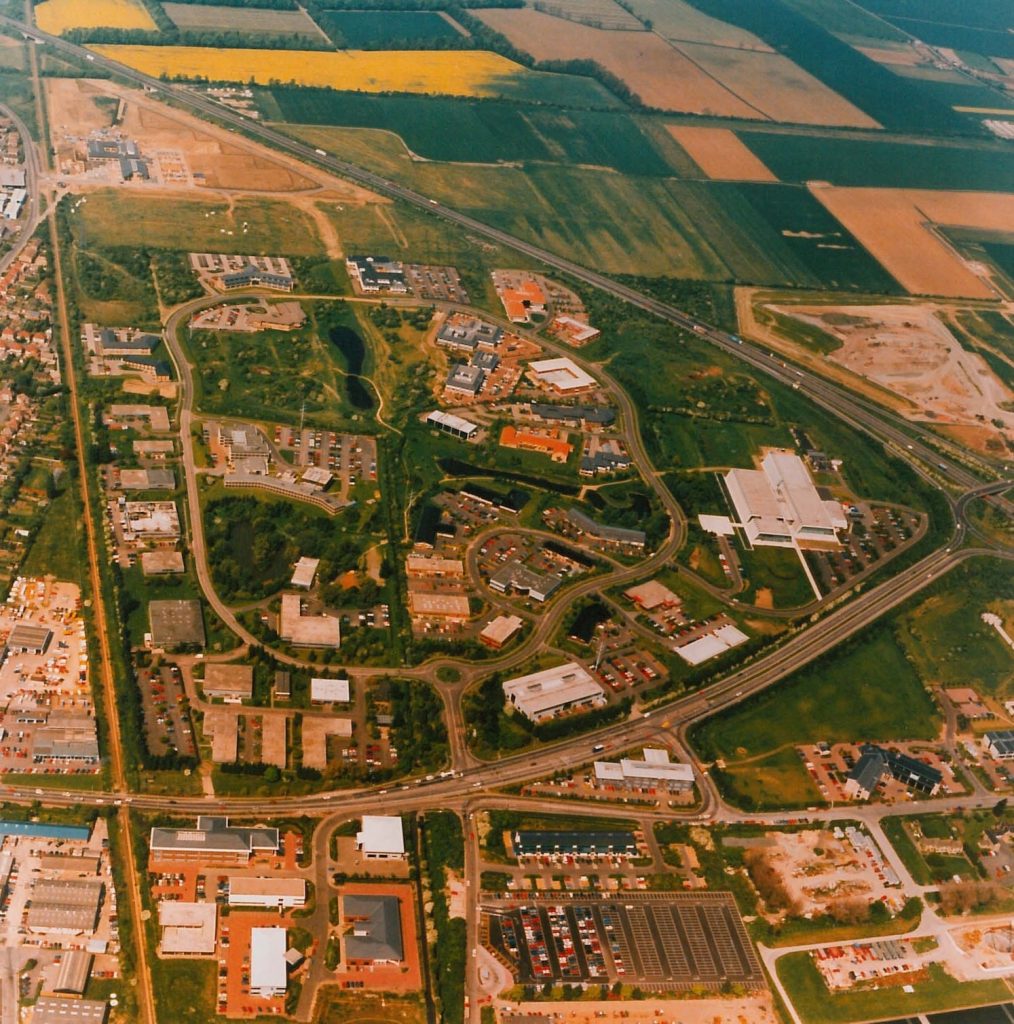
Late
1990s
Move over telecoms
Telecoms sector company dominance replaced by Life Sciences sector. A biotech venture capital fund, Merlin Ventures opens an office on the Park.
Late
1990s
Maturing company success
Larger Park companies seen listing on the UK Stock Markets.
December
1999
64 companies on the park employing 4,000 people
January
2000
Park grows by 22.5 acres
A joint venture with Trinity Hall College, using their adjacent land, saw the Park expand. Five bespoke buildings of between 29,000 sq ft and 36,000 sq ft were designed, built and pre-let.
September
2000
More sport, more talk
Trinity Centre opens new conference centre with restaurant and bar; a new fitness centre also opened.
September
2001
The Park welcomes children, broadband, CCTV, and the buses
115 place children’s nursery opens as a resource for parents on the Park. The same year saw installation of Parkwide CCTV, 5 broadband services, and a dedicated bus service.
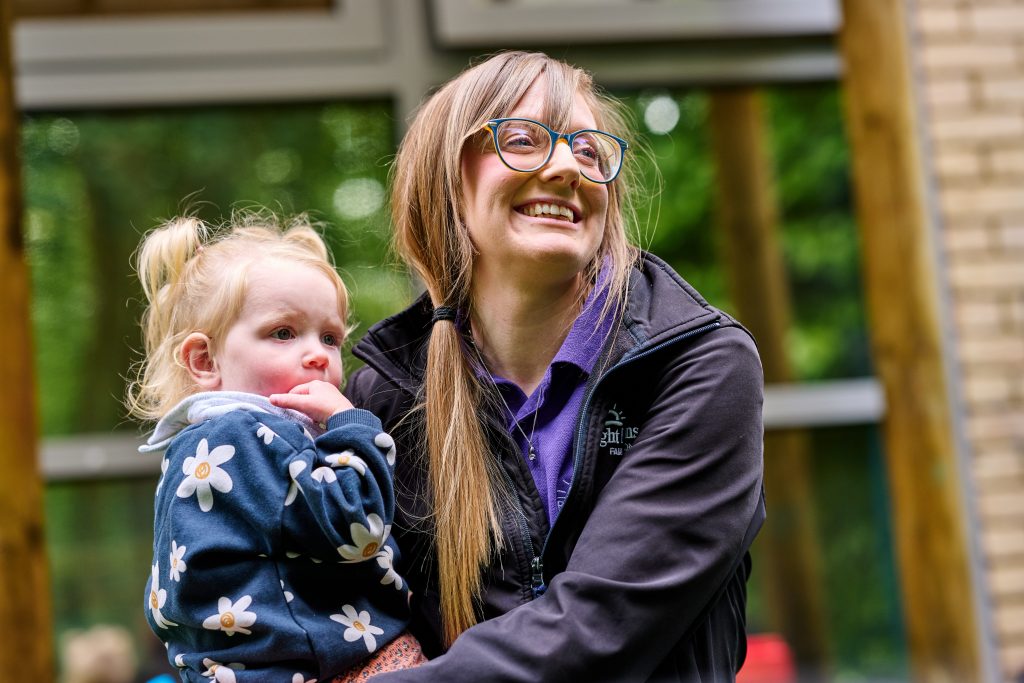
2005
Cambridge Innovation Centre opens
Provision of flexible and practical space options that allows early-stage companies to grow.
2007
Napp Pharmaceuticals trio
Three buildings completed alongside the iconic 191 unit to accommodate the growth of NAPP.
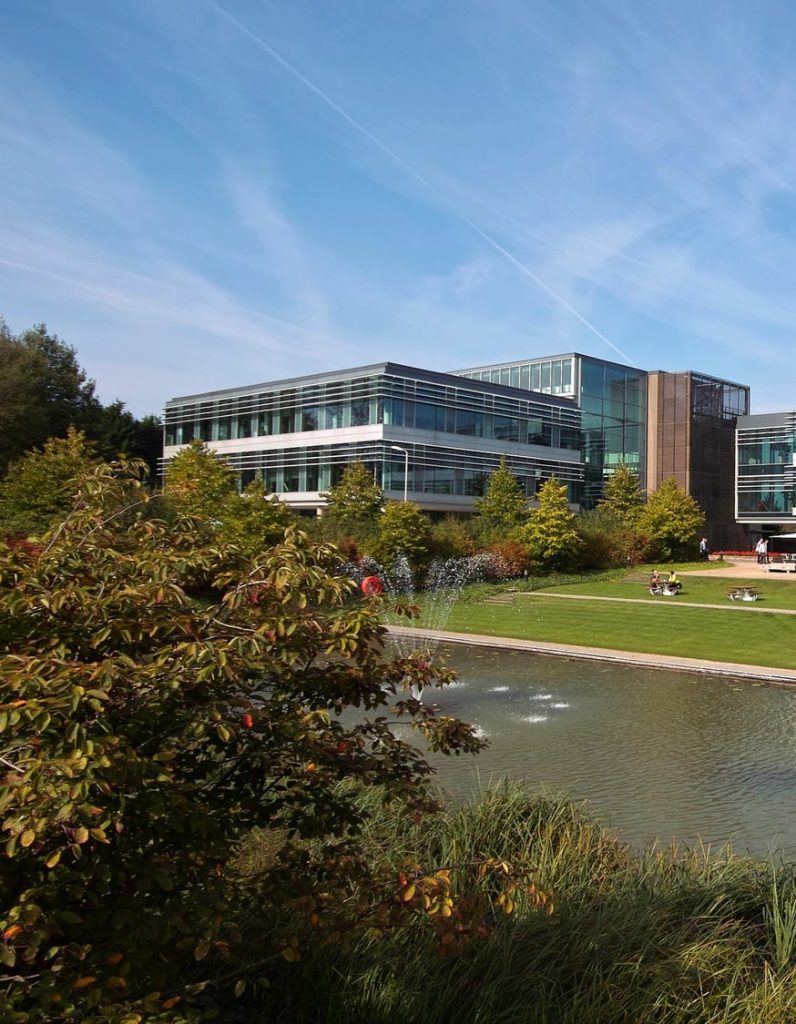
Date?
One Zero One
A £17m 80,000 sq ft Office and R&D Centre became home for electronics giant Phillips and software solutions company Citrix.
2010
We’re 40, we’re developing
New buildings included additional facility for Takeda, development by Trinity College of 60,000 sq ft to be occupied by Frontier.
2017
Bursar Bradfield honoured
John Bradfield, the Trinity College Bursar whose vision created the Park, has a new 40,000 sq ft tech incubator named after him. Targeting scale ups, with conference, indoor and outdoor restaurant facilities that all Park members can enjoy.
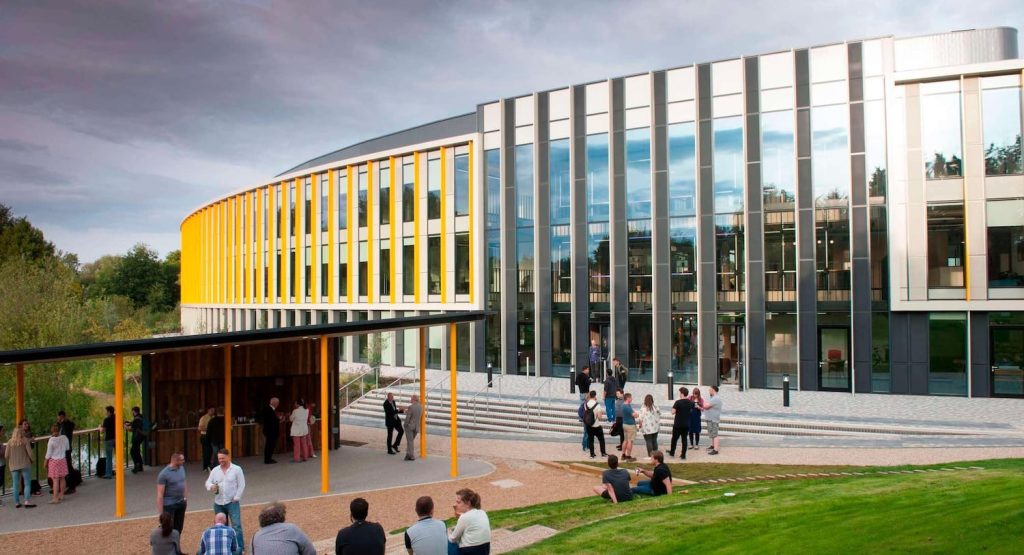
2021
Bio innovation and research capability enhanced
Tus Holdings UK and Trinity College: landmark joint venture to develop and deliver 100,000 sq ft of new buildings including the dedicated Bio-innovation Centre.
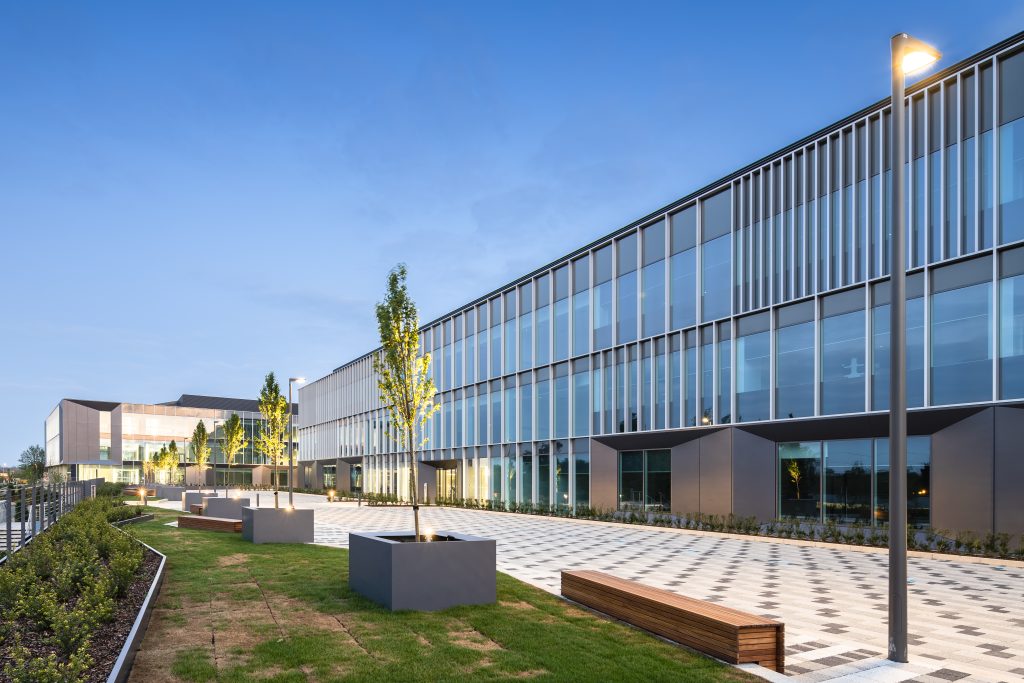
2020
Parkland plus
New investment by Trinity on green space, nature trails, wildlife XYZ to continue to keep this Park the most sustainable in Cambridge.
2024
Cambridge Science Centre moves to the Trinity Centre, inspiring the next generation through hands-on STEM education.
